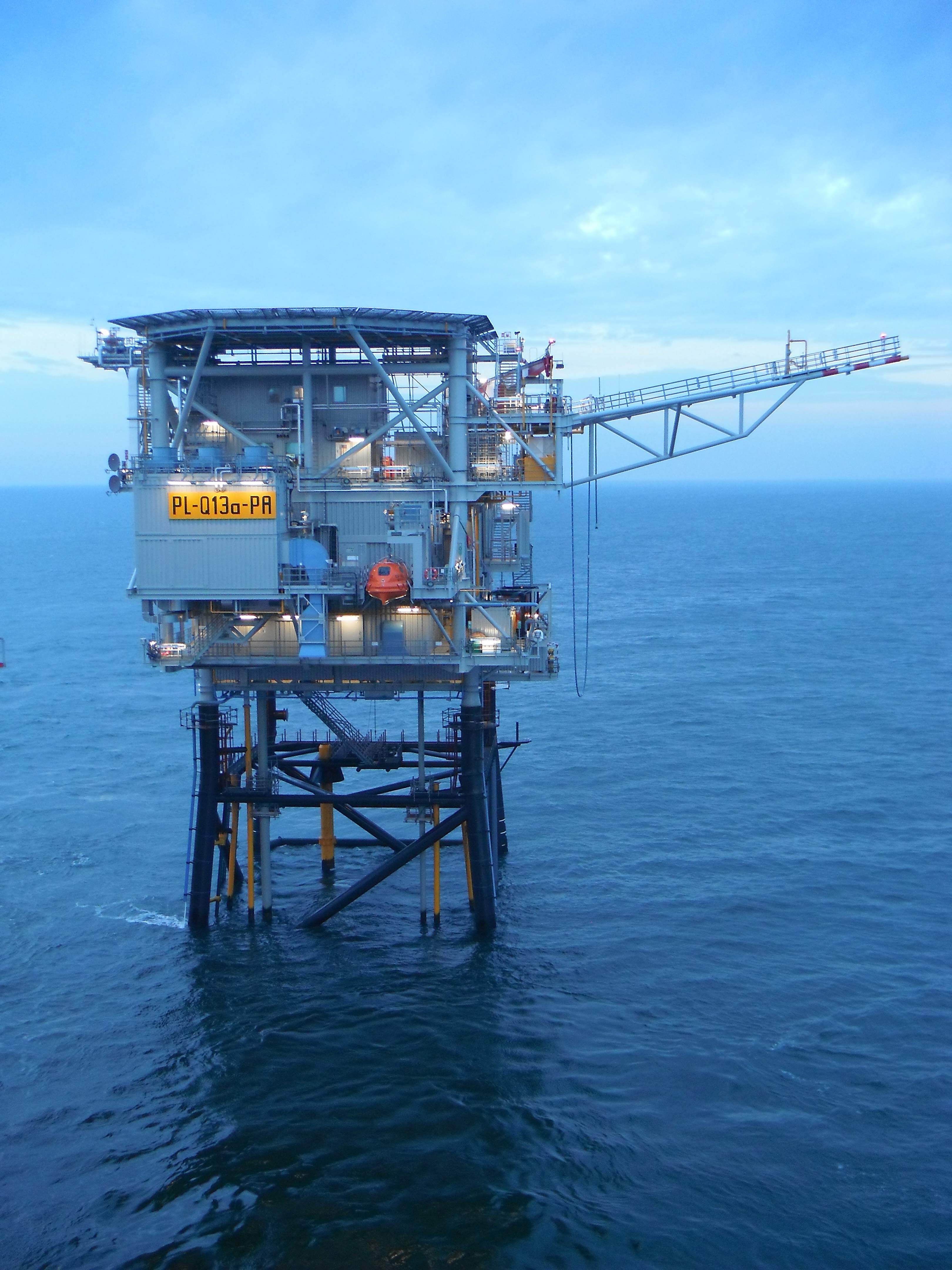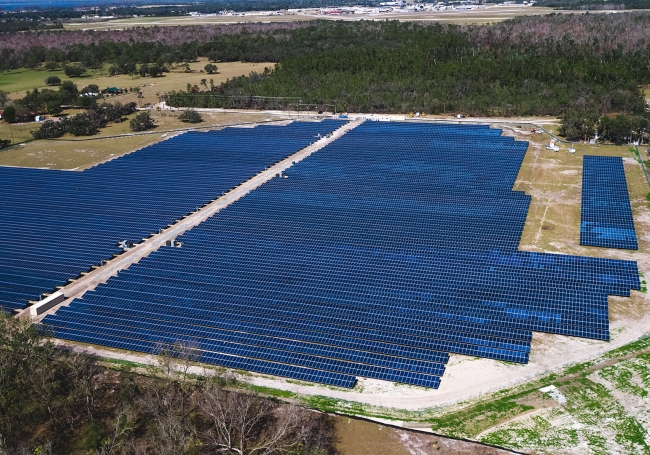
Neptune Energy
Driving Research Efforts to Support Net Zero Methane Emissions
Neptune Energy is a global exploration and production (E&P) company leading the industry on energy efficiency and carbon emissions, with operations across Europe, North Africa and Asia Pacific. Neptune is part of the Oil & Gas Methane Partnership, an initiative led by the Climate and Clean Air Coalition under the auspices of the UN Environment Programme, committed to reducing methane across the industry.
Carlyle, Neptune Energy, and the Environmental Defense Fund (EDF), a global environmental non-profit, partnered to design a project to test a novel approach for more accurately measuring methane emissions from offshore oil and gas facilities. The approach provides Neptune with more granular data to prioritize interventions to reach its net zero methane emissions target by 2030. Through the project, we partnered with a team of international researchers and technology developers to evaluate advanced methods for quantifying facility-level offshore methane emissions, identify key sources, and prioritize mitigation actions. The reliability and credibility of data is also a critical component to designing effective solutions. We deployed state-of-the-art drone, aircraft and methane sensing technologies on the Neptune-operated Cygnus platform to provide a close-up view of operations typical of a North Sea offshore facility, such as gas separation, drying and compression technology, and flaring and venting. Carlyle supports the project to help drive research learnings and improved methodologies, as well as supports Neptune’s strategy to focus on lower carbon energy production and integrated energy hubs.
On Better Businesses, Better Results, Meg Starr, Global Head of Impact at Carlyle, and Kick Sterkman, Global HSEQ Director at Neptune Energy, discuss how their partnership has helped Neptune achieve sustainable growth, drive research learnings, and improve methodologies to reach the company’s net zero methane emissions target.
Neptune Energy recently announced its aim to go beyond net zero and store more carbon than is emitted from its operations and the use of its sold products by 2030. Greenhouse gas emissions, including both carbon and methane, are significant contributors to the global climate change issue. Methane has been responsible for about 40% of global temperature increase since the industrial revolution and emissions are concentrated in mainly agriculture (42%) and oil and gas (36%) sectors.1
The Climate and Clean Air Coalition, a collaboration of governments and environmental lobby groups, estimates that halving methane emissions caused by humans over the next 30 years could shave 0.18C off the average global temperature. This could provide 20%-45% of the gap between our current trajectory of climate change and meeting the Paris 2015 climate goals, which aim for temperature rise between 1.5-2 degrees above pre-industrial averages. The International Energy Agency estimates that 75% of those emissions – or some 16.5% of total human emissions – could be avoided with technologies that are available today, and that 40% of those (9% of total human emissions) could be avoided at no net cost.2
Carlyle supports Neptune Energy’s commitment to reduce carbon and methane emissions. In addition to the significant environmental benefits, we believe methane emission reduction programs can have positive effects on a company’s operational excellence, including better process optimization, reduced maintenance costs, increased process safety, and reduced loss of product. We partnered to help Neptune Energy become an industry pioneer by integrating science-grade measurements in routine greenhouse gas emissions reporting, as well as helping regulators, researchers, and peer energy companies to improve the accuracy of emissions measurements.
Carlyle believes these selected case studies should be considered as a reflection of Carlyle’s investment process, and references to these particular portfolio companies should not be considered a recommendation of any particular security, investment, or portfolio company. The information provided about these portfolio companies is intended to be illustrative, and is not intended to be used as an indication of the current or future performance of Carlyle’s portfolio companies. The investments described in the selected case studies were not made by any single fund or other product and do not represent all of the investments purchased or sold by any fund or other product. The information provided in these case studies is for informational purposes only and may not be relied on in any manner as advice or as an offer to sell or a solicitation of an offer to buy interests in any fund or other product sponsored or managed by Carlyle or its affiliates. Any such offer or solicitation shall only be made pursuant to a final confidential private placement memorandum, which will be furnished to qualified investors on a confidential basis at their request.
1 “Climate and Clean Air Coalition, Methane”: https://www.ccacoalition.org/en/slcps/methane
2 International Energy Agency, Methane Tracker 2020: https://www.iea.org/reports/methane-tracker-2020/methane-abatement-options


